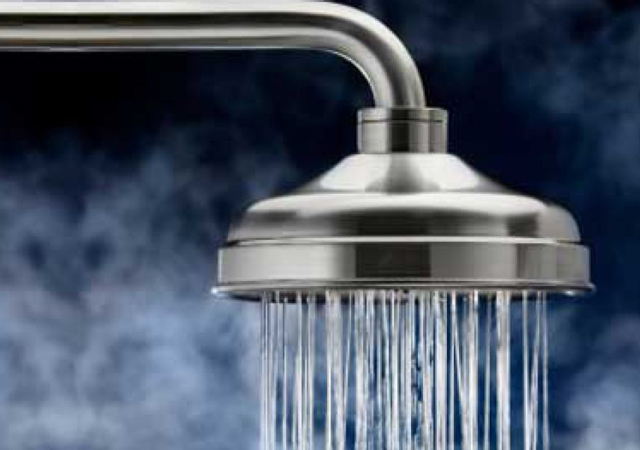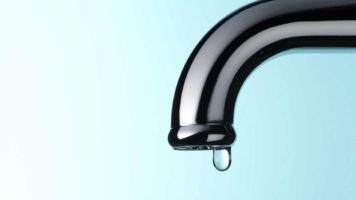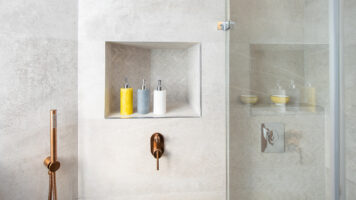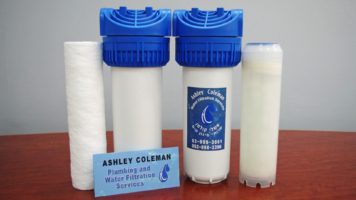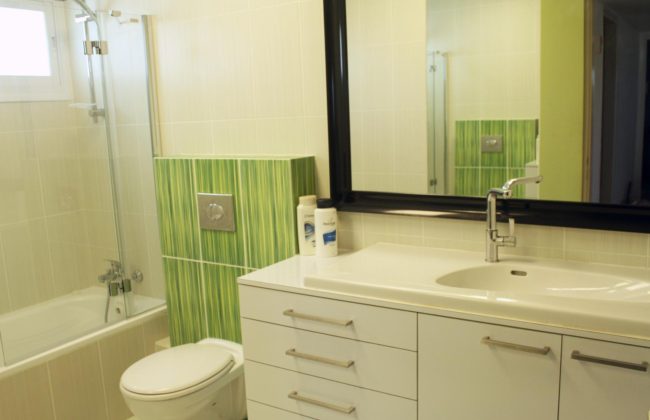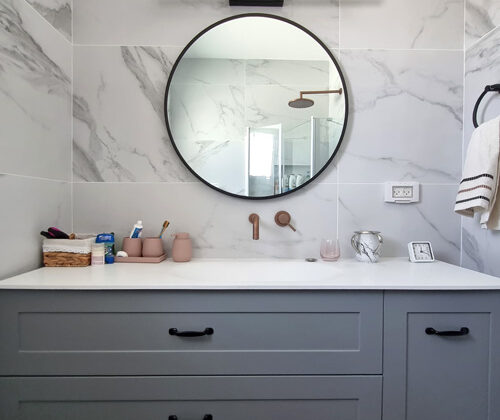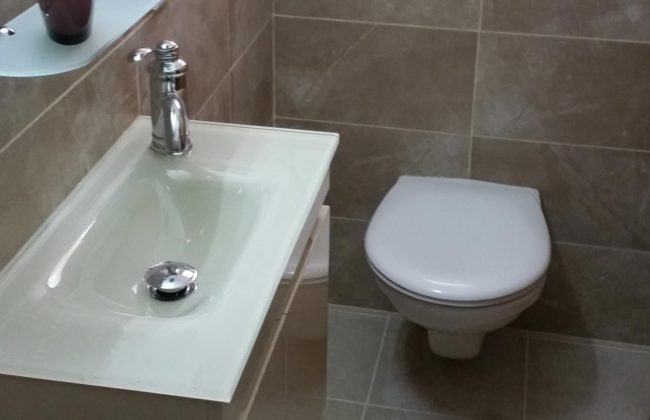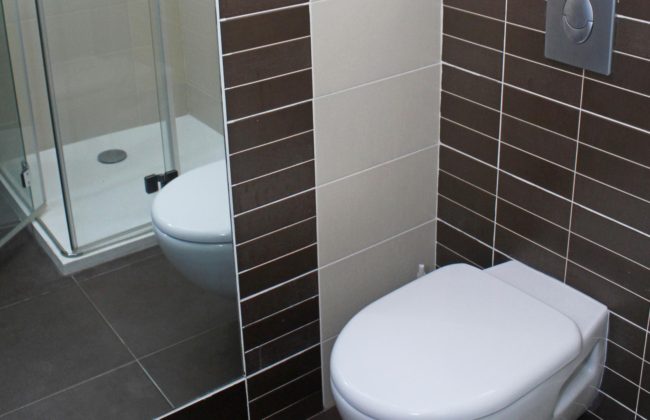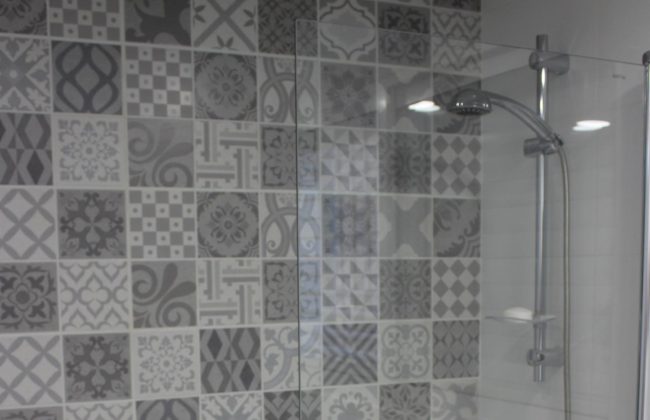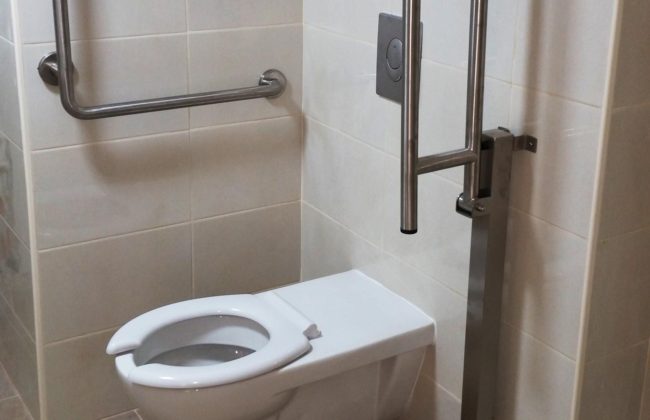As we enter autumn and then winter, we become less reliant on getting our hot water from the solar panels. There is simply less sun. We therefore need to be forward thinking in order to ensure that we have hot water when we need it and in the right quantities. We also need to make sure that we are not wasting electricity.
So how long should we be switching on our boiler for?
A standard boiler in most houses in Israel gives you 150 litres of hot water, which translates into 20-25 minutes of showering water, 4-5 short showers (or 1-2 teenage showers)!
In order to heat up your entire boiler you would need to put on the electric boiler switch for approximately 1 1/2 hours, maximum 2 hours on a cold day. If you only need a smaller quantity of water (1-2 showers – good for morning showers), 45-60 minutes should be enough for most boilers.
There is a misconception that by leaving your switch on for several hours or all day and night, you will have more hot water. This is not true and it is likely to do damage.
If your boiler is taking considerably longer to heat up, or the water is not hot enough, you may have a problem with the element or the thermostat in the boiler. The accumulation of lime scale around the element is usually the main cause of inefficiency. If you are getting no hot water at all or when turning on the hot water switch the electricity in the house is fusing, you almost certainly have a problem with the element, possibly a leak on the boiler and in some cases an electrical problem.
With a regular boiler switch, people have a tendency to forget to turn it off and it stays on for several hours, sometimes even overnight or over Shabbat. This could potentially do damage to your element or thermostat and will certainly give you a higher electricity bill. In some extreme cases, it can result in a burst pipe. The best solution for this is to have an electrician install a timer (Shabbat clock) on the switch. You can then set it according to your family’s showering habits. This should also save you money on electricity and give you peace of mind.
If you have a heat exchanger boiler (one that works on a building solar system), it is worth turning off the valves to the system, usually situated close to the boiler, during the winter. This will ensure the hot water you heat from the electricity will be retained.
As a general rule, do not expect the hot water you heated the evening before, to remain hot enough for a shower the next morning. This rarely happens, so don’t rely on it.
To summarize, by being smart and forward planning, you can provide enough hot water for your family, save electricity, and at the same time prevent damage to your boiler and pipes.
